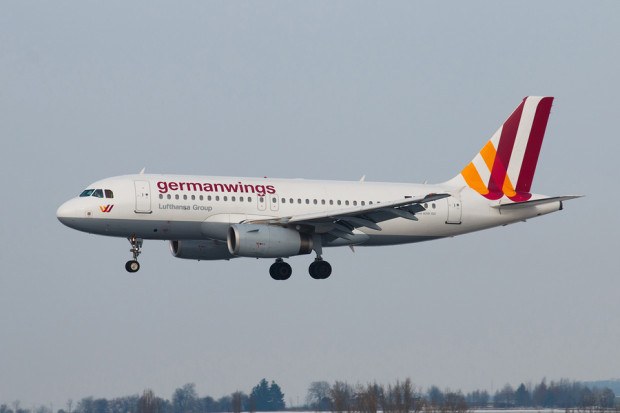Germanwings is offering 25,000 euros ($27,958) compensation payments to close relatives of those killed in the March 24 plane crash for their pain and suffering, the airline said on Tuesday.
Evidence shows co-pilot Andreas Lubitz locked the captain out of the cockpit of Germanwings flight 4U9525 from Barcelona to Duesseldorf and deliberately steered the plane into a remote mountainside, killing all 150 onboard.
The 25,000-euro payouts are on top of 50,000 euros already paid as immediate financial assistance to relatives. German law does not usually provide for a separate award for pain and suffering, unlike in the United States.
Germanwings, a unit of Lufthansa, said on Tuesday it wished to treat everyone fairly, although one lawyer said the offer was not sufficient.
The damages payout for emotional distress will be made to parents, widowed spouses, partners and children of the victims and does not require proof of damages incurred to be presented in order for the payout to be made, it said.
Close relatives living in Germany may also claim an additional 10,000 euros each as compensation for any health problems without needing to offer formal proof, the company said.
Families of the victims still have the right to make further claims for other financial costs, such as burial costs or lost pensions, although this will require proof of damages incurred.
A lawyer representing some of the German victims, Elmar Giemulla, described the offer as “completely inadequate,” noting pilots’ strikes last year had cost Lufthansa around 200 million euros while the offer of 25,000 euros for the relatives would cost the airline around 7.5 million.
Lufthansa said in response it had looked at similar cases and its offer went beyond those.
Separately, a German task force set up to review cockpit door security and pilot screening after the crash said airlines should strengthen employee assistance services that allow crew members to report their own problems or report any concerns about colleagues’ mental health.
Airline bosses said at a meeting in Miami this month that crew members keeping an eye out for their colleagues could be an effective way to bring any issues to light.
The task force will report its findings to European and international authorities. It said it would recommend to European authorities that such employee assistance services be made mandatory.
The EU’s own task force is due to produce a report with recommendations by the end of July. The European Commission will then decide whether to alter safety rules.
($1 = 0.8942 euros)





















 Viewpoint: Runoff Specialists Have Evolved Into Key Strategic Partners for Insurers
Viewpoint: Runoff Specialists Have Evolved Into Key Strategic Partners for Insurers  AI Got Beat by Traditional Models in Forecasting NYC’s Blizzard
AI Got Beat by Traditional Models in Forecasting NYC’s Blizzard  Premium Slowdown, Inflation Factors to Lead to Higher P/C Combined Ratio: AM Best
Premium Slowdown, Inflation Factors to Lead to Higher P/C Combined Ratio: AM Best  Telematics and Trust: How Usage-Based Insurance Is Transforming Auto Coverage
Telematics and Trust: How Usage-Based Insurance Is Transforming Auto Coverage 






